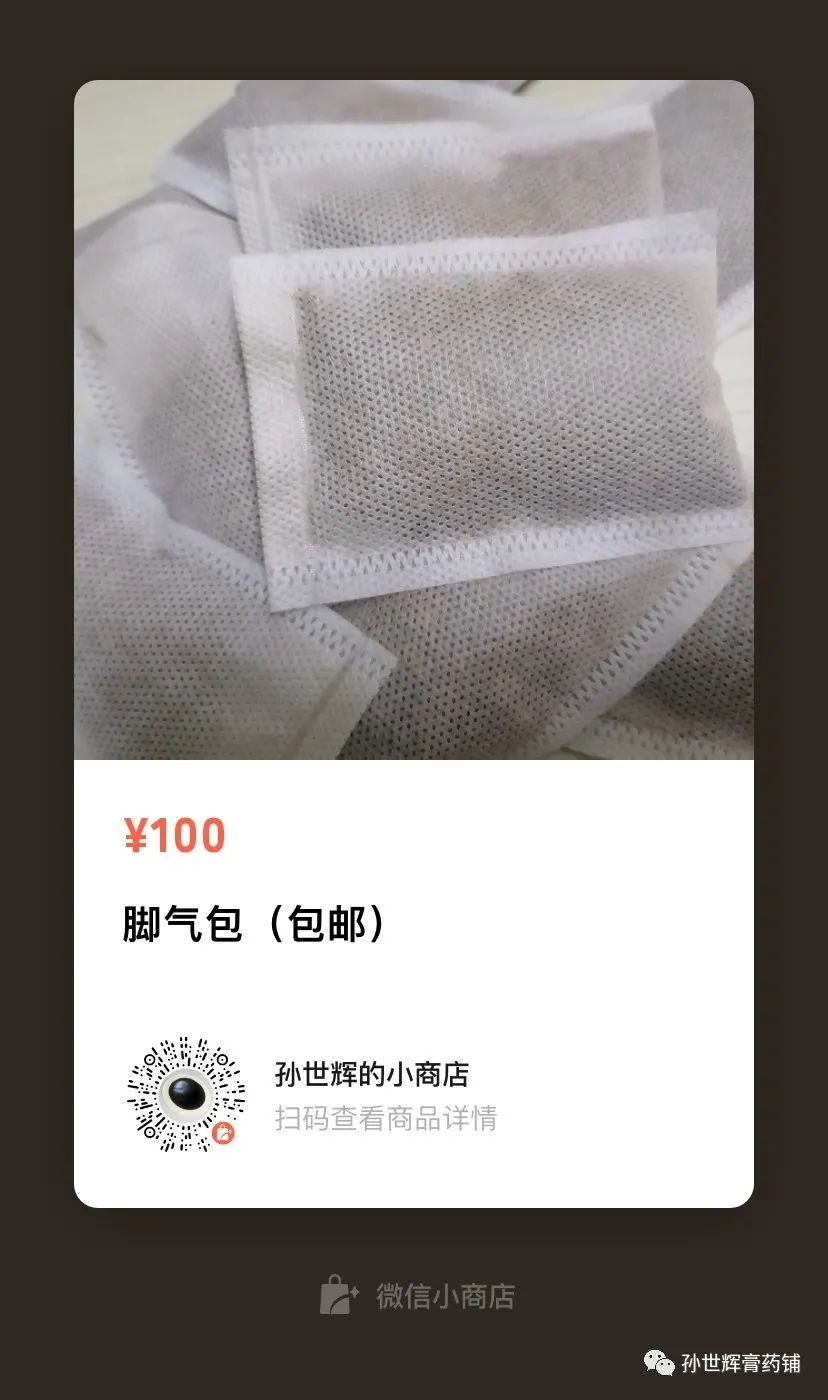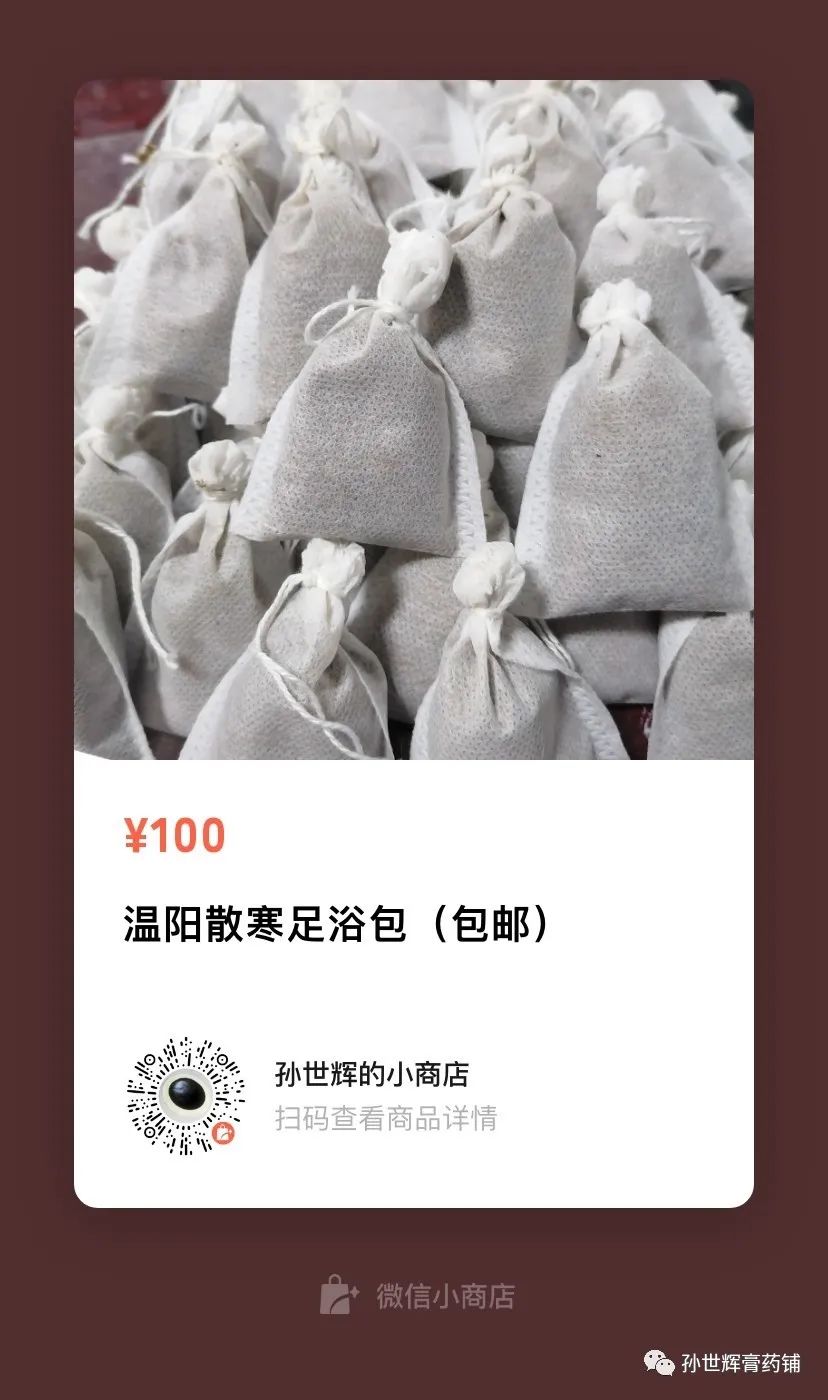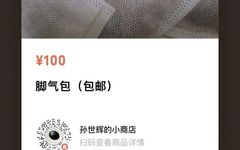1. The main symptom is abdominal distension, which primarily manifests as gastric and abdominal bloating, a common occurrence in daily life. When tapped, it produces a drum-like sound. In internal medicine, this is referred to as pi man (distention syndrome) or pi zheng (spleen syndrome). There is a lack of appetite, and consuming soy products or drinking milk exacerbates the bloating, sometimes accompanied by a dull pain. Occasionally, a belch provides temporary relief, and some individuals may pass gas frequently, producing loud and foul-smelling flatulence. Bowel movements are frequent, with significant noise and urgency, yet only a small amount is expelled. What does the tongue coating look like? Due to the disease being an invisible qi, the tongue coating is often not thick. An elderly patient came to me with a distended abdomen resembling a drum, with an outwardly protruding navel. While sitting, there was a rattling sound in the throat, but no wheezing. I initially suspected liver cirrhosis with ascites, which in TCM is called gu zhang bing (abdominal distension disease). Upon percussion, there was no shifting dullness, indicating it was not true distension but rather wei chang qi zhi (stagnation of qi in the stomach and intestines). The tongue coating was particularly greasy, which is a result of overeating and lack of exercise. It is said that the elderly man eats and sleeps all day, never leaving his house, as he cannot put on his shoes and is quite unkempt. His lower limbs were red and swollen; why? Qi is the driving force for the movement of fluids and blood, and when qi is obstructed, dampness accumulates, leading to leg swelling. Additionally, the phlegm in his throat is caused by qi failing to transform dampness.
2. The etiology is complex. Stagnation of qi in the stomach and intestines is often not purely due to qi; its source is often pi xu (spleen deficiency), leading to poor transformation and transportation, resulting in undigested food and abnormal fermentation, which produces gas. It may also be due to gan qi yu jie (liver qi stagnation). We know that the liver governs the smooth flow of qi, which includes aiding in the peristalsis of the stomach and intestines. When liver qi is stagnant, gastric emptying slows down, leading to a feeling of fullness and lack of appetite. Is there energy to work? How can one have energy when eating less? Is sleep restful? With a rumbling stomach every day, how can the mind be at peace? When the stomach is not harmonious, one cannot rest well. Occasionally, one may fall asleep but still snore. This condition is common in cases of indigestion, and it may also be associated with cholecystitis, gallstones, pancreatitis, liver cirrhosis, or paralytic ileus. Some cases of gastric and abdominal distension are signs of spleen and stomach function failure, a precursor to death.
3. How to treat it? Walking a hundred steps after meals can effectively prevent and alleviate abdominal distension. However, avoid excessive fatigue, as overexertion depletes qi, further weakening the spleen. Avoid excessive water intake, as drinking too much can harm the spleen. In terms of herbal prescriptions, TCM has many effective remedies. Liuyilin (Flowing Qi Decoction) by Wei Yilin, Kuan Zhang Tang (Wide Distension Decoction) by Gong Juzhong, and Zhi Shu Wan (Atractylodes and Bitter Orange Pill) by Zhang Yuansu are all very useful. The main herbs include Mu Xiang (Aucklandia), Chen Pi (Aged Tangerine Peel), Qing Pi (Green Tangerine Peel), Hou Po (Magnolia Bark), and Zhi Qiao (Bitter Orange). I believe the core herb here is Chao Lai Fu Zi (Stir-fried Radish Seed), 10-30 grams, which has excellent effects in regulating the intestines and qi. Sometimes, using Da Fu Pi (Areca Peel) and Jiao Bing Lang (Fried Areca Nut) together also yields very good results. Use 18 grams of Da Fu Pi and 6 grams of Jiao Bing Lang, in a 3:1 ratio. This is my personal secret. When the tongue coating is white, do not blindly apply Ban Xia Xie Xin Tang (Pinellia Decoction). It is effective when the tongue coating is yellow and greasy. In cases of late-stage malignant tumors, there may also be unbearable chest and abdominal distension, but there is no remedy; this is a sign of spleen and stomach failure, and do not use Lai Fu Zi or Bing Lang as there is no cure. Therefore, it is crucial to treat diseases early and not let them develop to this stage. In the future, I will create a plaster based on Kuan Zhang Tang.




